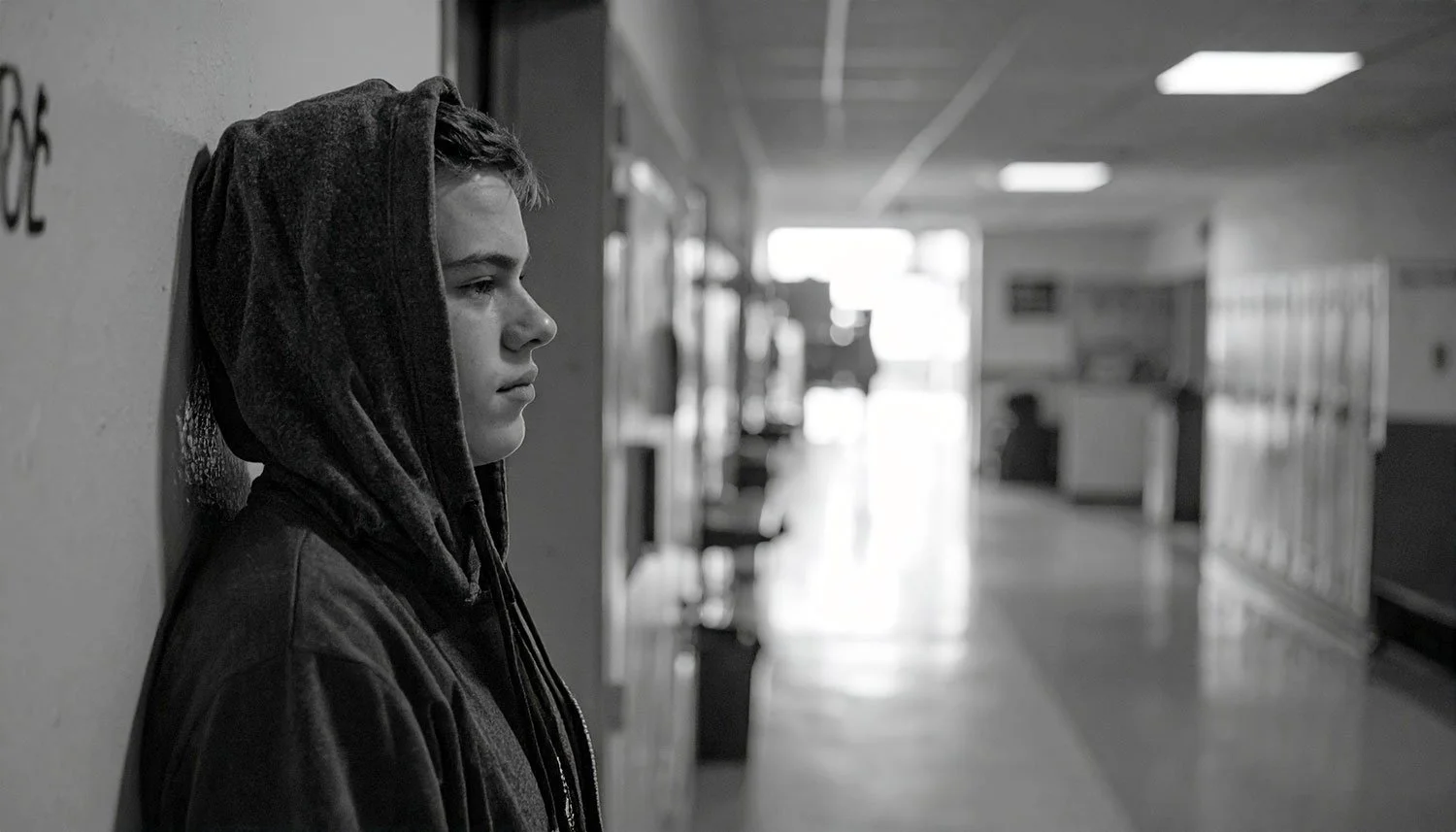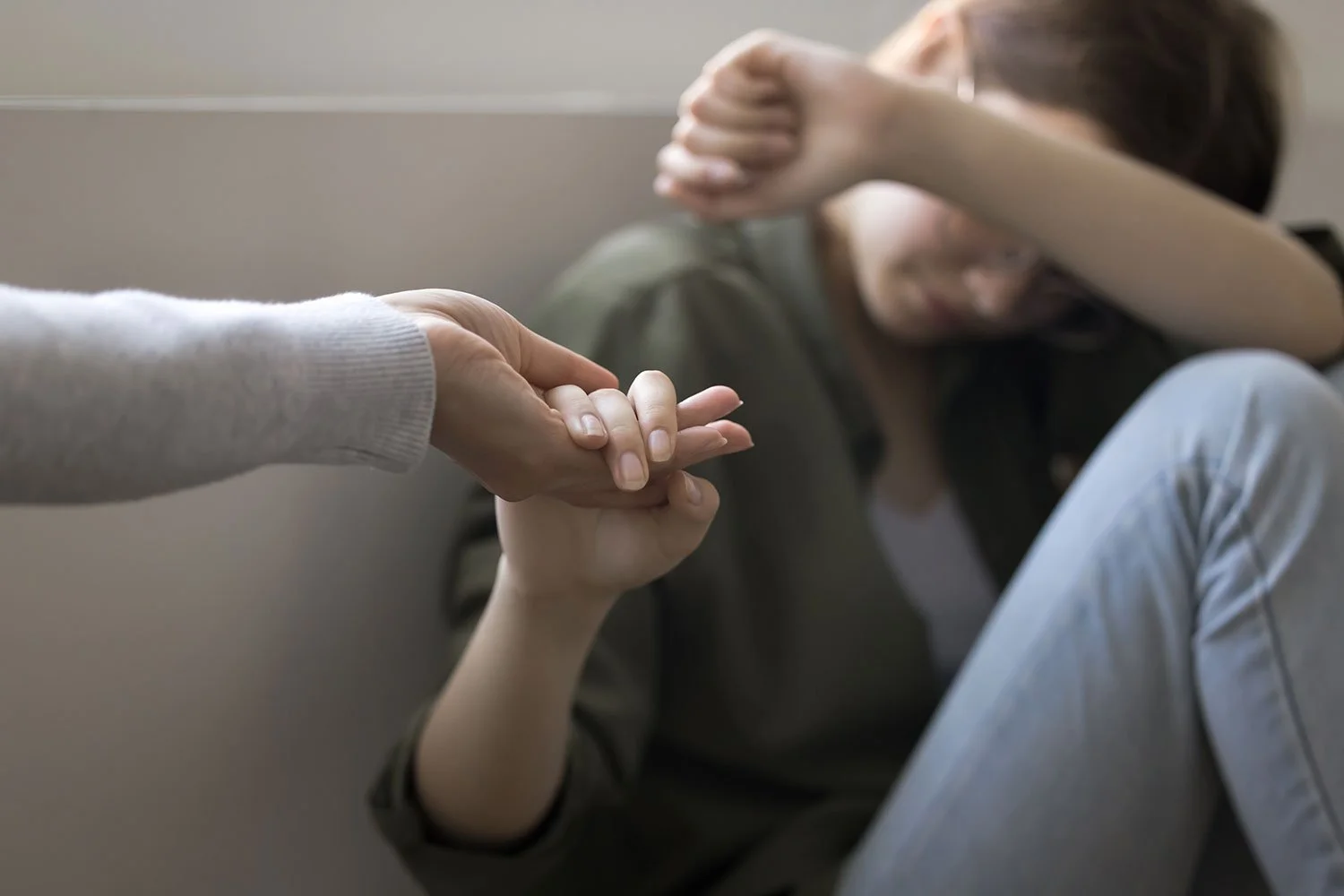
Educators

Creating a Safe Space for Every Child to Thrive
If you’re an educator, you play a vital role in the lives of the children you teach. Every day, you have the opportunity to observe, listen, and notice changes in your students’ behaviors—changes that might indicate they’re facing challenges at home, including domestic violence or sexual abuse. At Steps to Hope, we are committed to supporting you as you work to protect the children in your care. Understanding the signs of abuse and knowing how to respond can make a profound difference in a child’s life. Together, we can create a safer, more supportive environment for them to thrive. If you suspect a student is in trouble, contact us for resources, support, and guidance.

Are You Seeing the Signs? Trust Your Instincts!
As an educator, your instincts are invaluable. You spend hours each day with your students, and you’re often one of the first to notice when something isn’t right. Changes in behavior, unexplained injuries, withdrawing from friends, or mentioning troubling events at home could all be warning signs of abuse. Children might not always have the words to describe what’s happening, but their actions and emotions often tell a story. If you sense something is wrong, trust your gut and take it seriously. Early intervention can be critical in ensuring the safety and well-being of a child.

Listen Without Judgment
Children often feel scared, embarrassed, or confused when trying to talk about difficult experiences. If a child confides in you about domestic violence or sexual abuse, it’s essential to create a safe, supportive environment for them to share. Listen calmly and without judgment. Avoid interrupting or expressing shock. Instead, offer reassurance, letting them know it’s not their fault and that they’ve done the right thing by telling you. This can be a pivotal moment for a child seeking help and comfort.

Don’t Dismiss What They Say
When children speak about abuse or violence, even in passing or vague terms, take their words seriously. What they share may only scratch the surface of what’s happening at home. If one child in the family is being harmed, it’s likely that others in the household are affected as well. Acknowledging their concerns without dismissing them can make a lasting impact on their trust and confidence in seeking help.

Notice Behavioral Changes
Sometimes, children don’t verbalize what they’re experiencing, but their behavior speaks volumes. If a child becomes unusually withdrawn, anxious, or aggressive, or if their academic performance suddenly declines, these may be signs of distress. Trust your observations, and consider how you can approach the child with care. Your attentiveness may be the key to uncovering serious issues that need to be addressed.
If you’re unsure how to proceed when you notice the signs of abuse, Steps to Hope is here to support you. We can provide you with resources, such as rack cards to keep in counselors’ offices, details about empowerment classes for students, and information about programs like summer camps. We also offer free counseling services to ensure children and their families get the help they need. Don’t hesitate to call us for guidance in protecting your students and helping them move toward a brighter future.




